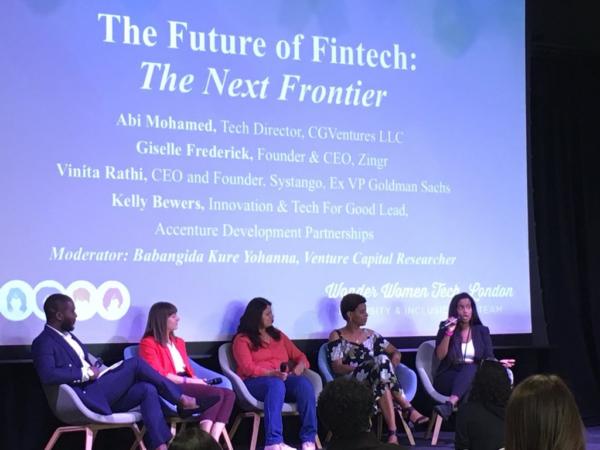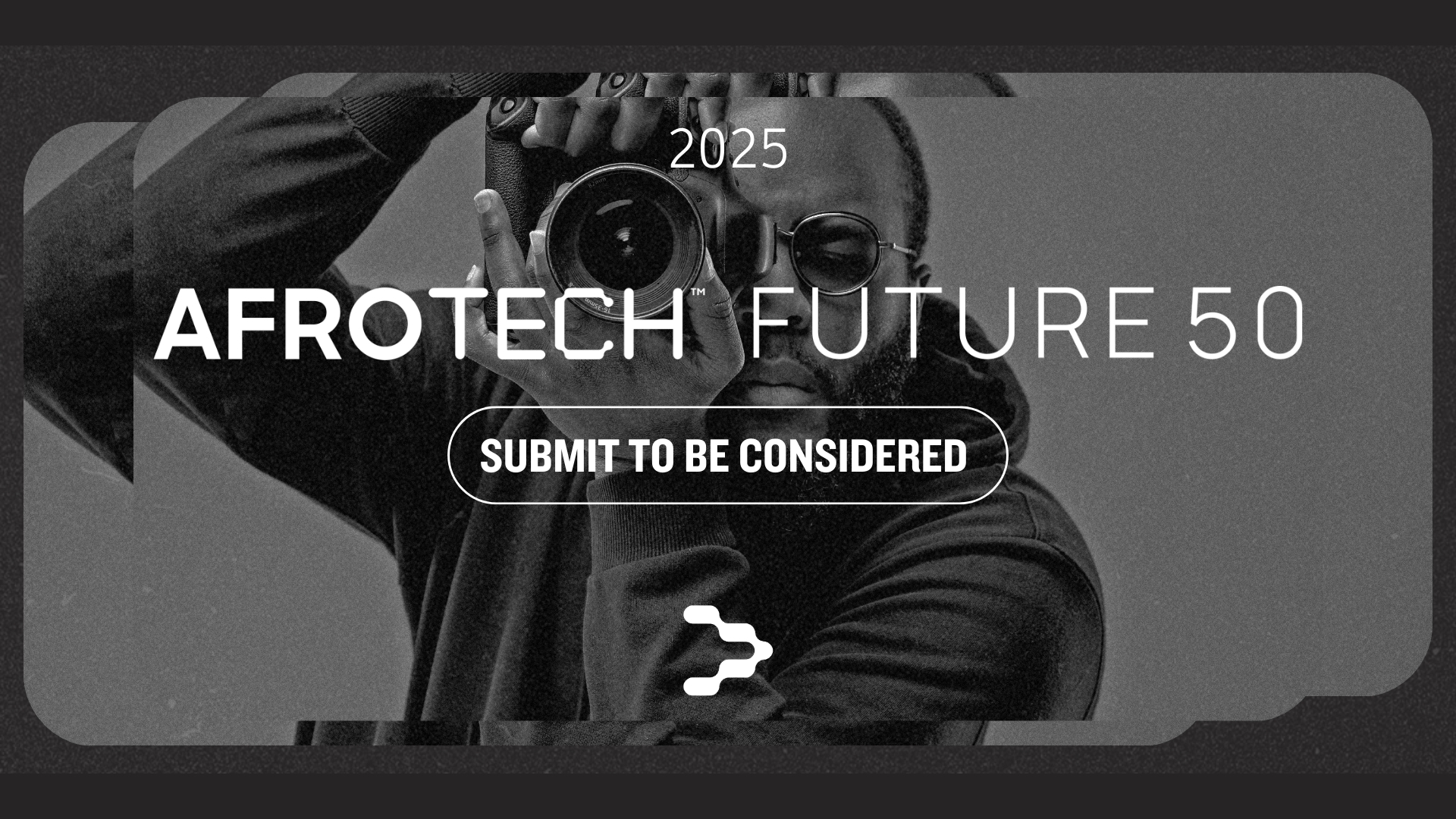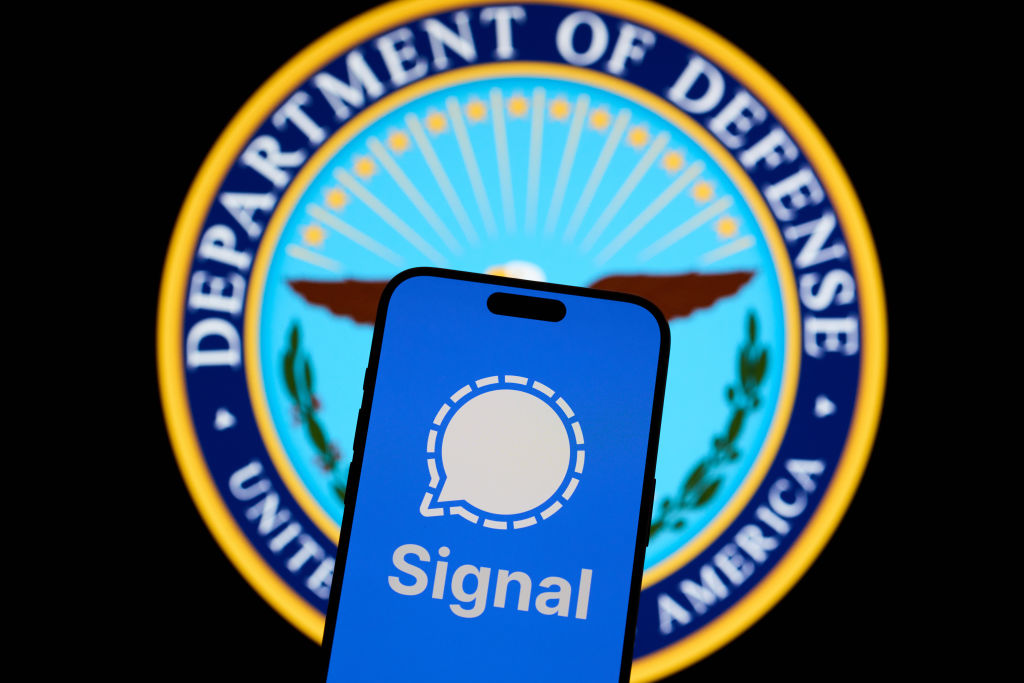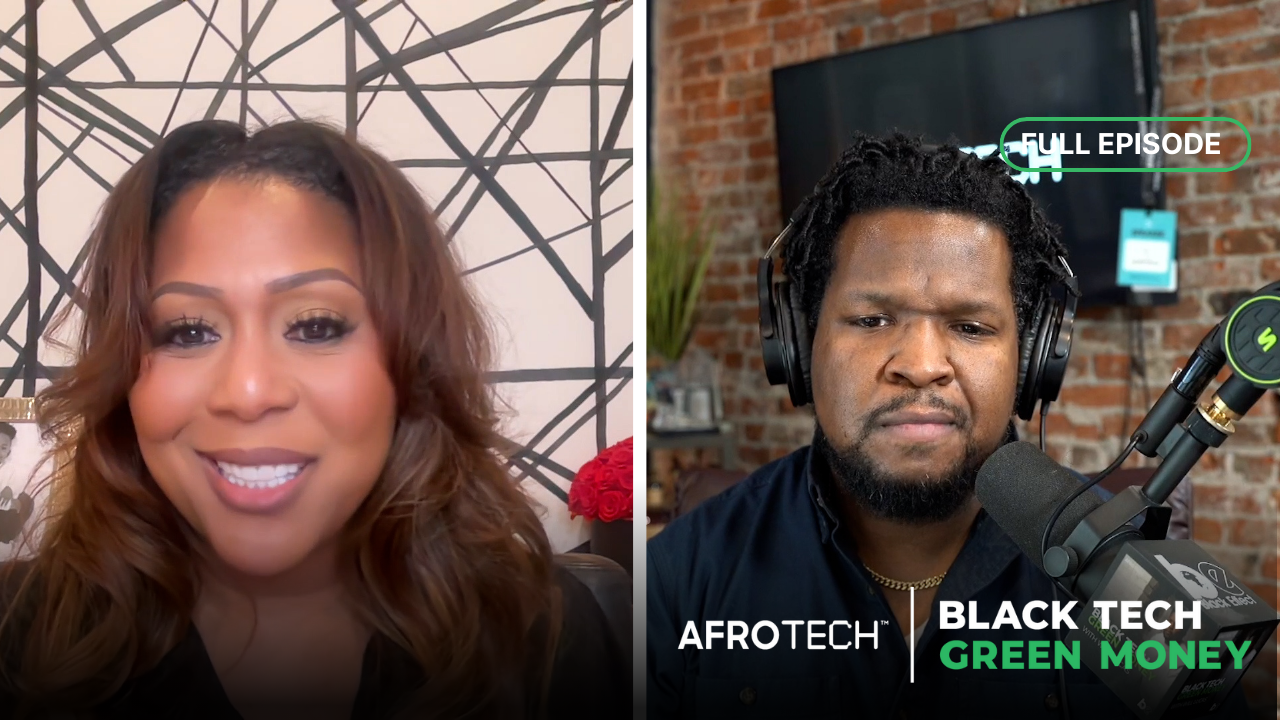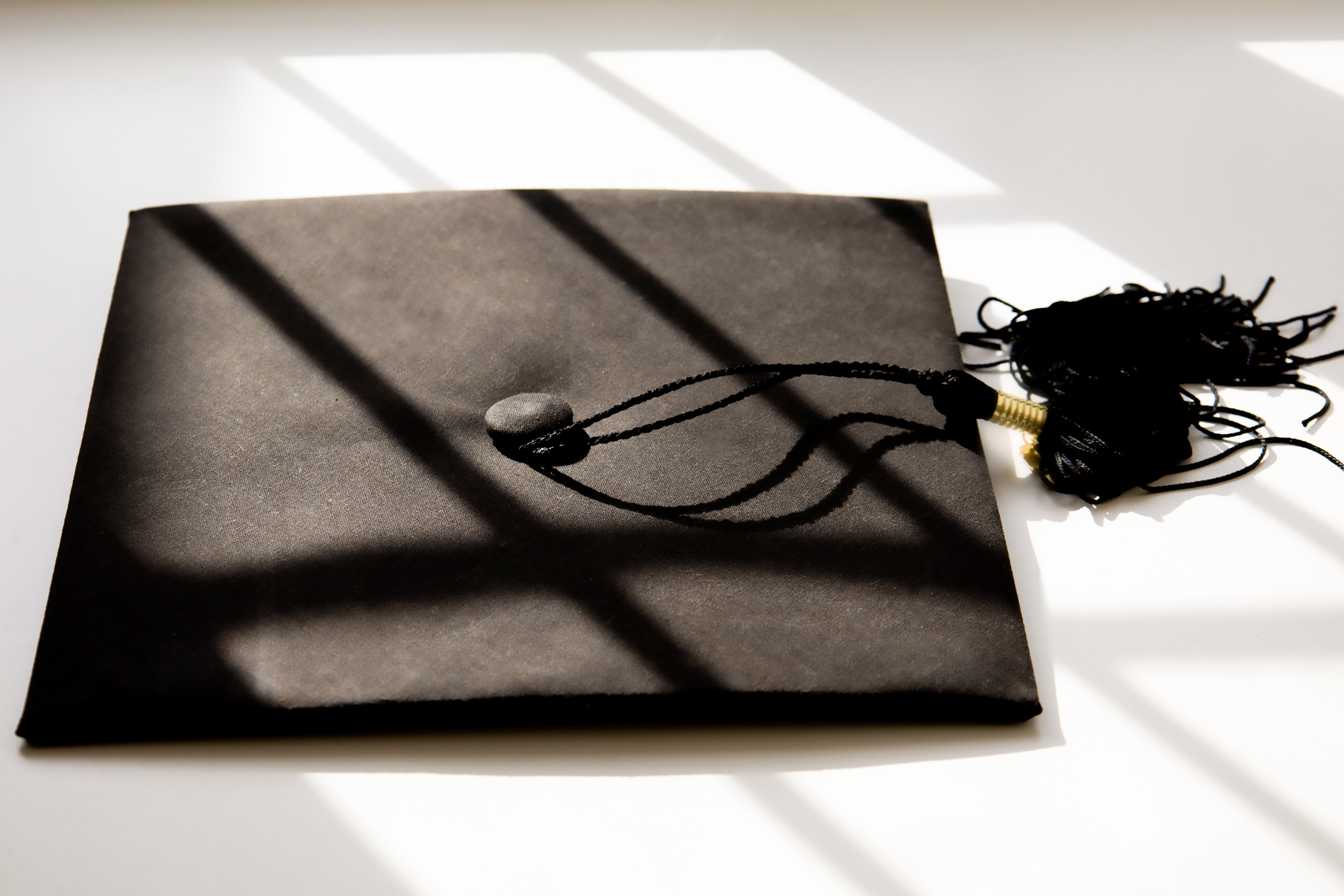According to a comprehensive study entitled Women and Girls of Color in Computing, U.S. women obtain less than 20 percent of college degrees in computer science, and minority women make up less than 10 percent of women earning undergraduate degrees in the field. While the numbers tell one story, they fail to showcase a more troublesome tale of the barriers to access that lurk behind them. Barriers like these are precisely what Wonder Women Tech Founder Lisa Mae Brunson is seeking to deconstruct.
During her childhood, Brunson, who is Black and Latina, observed barriers to opportunity firsthand.
“I knew I was capable of great things, but not having that support meant that I lacked access to opportunity,” said Brunson.
Seeing the inequities in her own world made Brunson want to make a difference in adulthood.
“My mom told me that as a child, I walked around saying, ‘I want to change the world,’” she said.
When she grew up, Brunson went about doing just that.
In 2014, Brunson established Wonder Women Tech to help women and underrepresented groups write their own narratives in the tech industry. The California-based nonprofit promotes women across STEAM (science, technology, engineering, the arts, and math) industries. Wonder Women Tech provides varied programming, including workshops, conferences, and career development support that target a spectrum of women, starting with the younger and more impressionable generation.
“Women, particularly women of color, don’t get the opportunity to see themselves as role models in the technology industry and to be inspired as a result,” said Brunson. “It is so important that we double down on creating these types of platforms for mentorship, career development, networking, and job skills.”
Wonder Women Tech has received significant acclaim for its domestic and international conferences, which have been hosted at its Long Beach, California home, in Washington, DC, and in London. While Brunson considered London to be a strategic location due to its status as an international technology hub, she initially struggled to find Black women in the industry to participate in the event. Eventually, collaborative effort between local and international contacts enabled her to forge ahead in the international space, reinforcing Brunson’s belief that “collaboration is great for disrupting the issues of gender parity and inclusion.”
In the five years since its inception, Wonder Women Tech has warmly received over 19,000 attendees and participants at its events, provided 3,500 scholarships to enable underrepresented groups to attend its events, and sponsored more than 2,200 underrepresented youth participants at its STEAM camps. Brunson also has plans to broaden the nonprofit’s horizons by expanding to New York within the next year.
Looking to the future, Brunson, who also serves as the commissioner for Technology and Innovation for the City of Long Beach, will continue to see how she can strategically leverage that role to make a difference at the policy level, intersecting education, government, and Fortune 500 companies.
Under Brunson’s leadership, Wonder Women Tech is making a difference for marginalized and underrepresented groups seeking to realize their full potential. Brunson is boldly charting a path to create a broader, more inclusive tech industry that disrupts the status quo — a big feat for a little girl who dreamed of changing the world.
